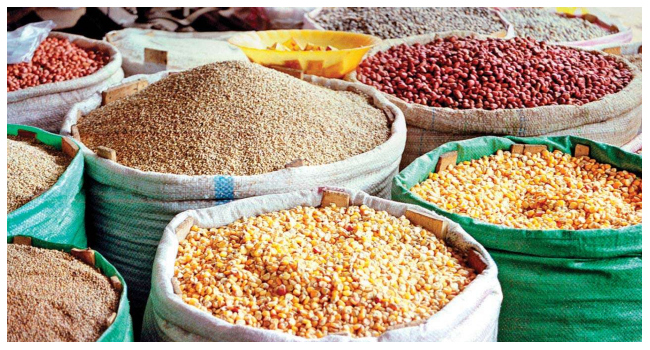The United Nations World Food Programme (WFP) has announced plans to provide food assistance to Nigeria and seven other West and Central African countries in response to escalating hunger, food shortages, and soaring prices.
In a statement released on Tuesday, the WFP identified Nigeria, Cameroon, the Central African Republic, Chad, Mali, Mauritania, Burkina Faso, and Niger as the beneficiaries of this initiative.
The WFP’s statement detailed, “We are ramping up our lifesaving food and nutrition assistance programme in West and Central Africa, targeting 7.3 million people during the ongoing June-August lean season when food stocks run out and hunger peaks.” The programme, starting in June, is designed to support national governments’ lean season response plans in the aforementioned countries.
The WFP highlighted that, if sufficient funding is secured, the programme could expand to assist up to 12 million people. However, due to limited resources, the WFP has already been forced to reduce the number of beneficiaries from its original plan, despite the near-record levels of need.
The region faces a severe food security and nutrition crisis, with nearly 55 million people expected to experience acute hunger during the June-August lean season, a significant increase from the 12.6 million in 2019. Additionally, approximately 17 million children under five are estimated to be acutely malnourished.
Chris Nikoi, WFP’s Regional Director for Western Africa, emphasized the urgency of the situation, stating, “The alarming hunger crisis in the region underscores the urgent need for transformative solutions to help vulnerable families meet not only their immediate food needs but also build a brighter future.
We need more investment in sustainable solutions to help strengthen food security, improve agricultural productivity, purchasing power of families at the right time, and cushioning economic and climate shocks.”
The crisis in West and Central Africa is driven by a combination of conflicts, high food prices, and climate impacts. Economic shocks such as market disruptions, high inflation, weakened economic activities, depreciating national currencies, and increasing costs of fuel and agricultural inputs have significantly affected people, particularly in Nigeria, Ghana, and Sierra Leone.
READ ALSO: Tinubu Pledges New Affordable Minimum Wage, Vows to Address Food Prices
The WFP’s response during the lean season aims to address the immediate food and nutrition needs of those most affected by acute hunger, including refugees, displaced persons, severely food insecure individuals, and those in blockaded areas impacted by climatic, economic, and security crises.
Despite the growing magnitude, frequency, and complexity of the crises in the region, funding has not kept pace, leaving many of the most vulnerable without assistance. The WFP warns that without adequate support, millions of food-insecure families risk sliding further into severe hunger.
Looking ahead, the 2024 seasonal forecasts predict both dry spells and floods in parts of the region, potentially disrupting farming and livestock productivity, prolonging the next lean season, and exacerbating the vulnerability of already hard-hit communities. Nikoi stressed the need for prioritizing durable solutions to break this cycle of crisis.









